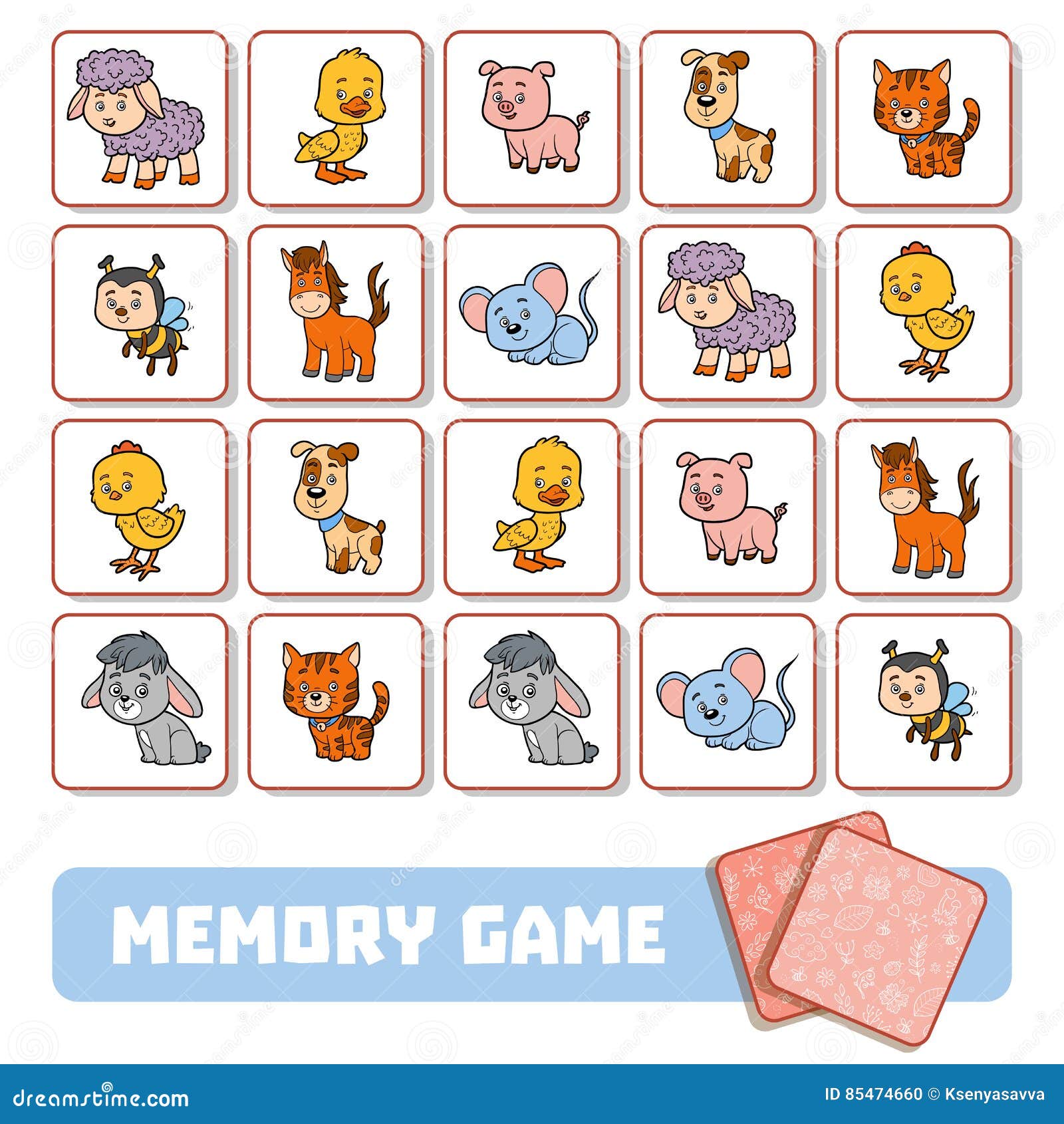Speaking with support
In this chapter we are going to talk about one of the most important skills. Speaking is the most complex skill to teach and to acquire for everyone, for that reason we have to be aware of that when we are young is the best period to learn and develop this skill. It is very important to speak to our children almost all the time in English, to encourage them to talk, no matter if they are speaking well or bad. At the end, a person should be able to speak, to comunicate with others in a foreign language, and that starts at Primary Education.
>> Using classroom phrases such as:



>> Using classroom phrases such as:
- "What´s the meaning of...?"
- "Can I go to the bathroom, please?"
- "I´ve lost my English book"
- "I don´t understand this.."
- "Can you repeat, please?"
- "How are you?", "I´m fine thank you, and you?"

>> Teaching tips for speaking
- Start with very short rhymes or chants.
- Look for songs and chants that have topics your children are learning about.
- Make sure the children generally understand what they are saying they do not need to understand every word but maybe the gist of the lines.
- Use songs and rhymes to play withsounds: speaking softly - shouting loudly.
- Use simple instruments to add to the rhythm, such as tambourine, bell, drum, cymbal.
- Encourage your pupils to say them for family and friends outside school.

>> Practising new vocabulary
When children are listening to you they often repeat words and phrases naturally and spontaneously. When you are introducing new vocabulary and learners want to speak, you can:
- use pictures, sounds, and other senses, e.g. touch and feel materials,to support meaning
- use gestures, movement, and actions
- get children to colour pictures of the new things they can name
- repeat new words as often as possible and use them in context.
All of these methods will help your pupils become familiar with new vocabulary. Just like children learning their first language, they can practise and play with new sounds.
For teaching new vocabulary we can make class displays of pictures and other memory aids to support new words or prepare to teach new words and phrases in a meaningful way by linking with
a topic they are familiar with.
a topic they are familiar with.
>> Playing vocabulary games
Guessing games and memory games are useful to help children become familiar with new vocabulary in an enjoyable way. When you show children what to do and at the same time give
instructions for games in English, they are listening to you with a real purpose - to find out how to play. They are also absorbing new vocabulary and intonation patterns.
instructions for games in English, they are listening to you with a real purpose - to find out how to play. They are also absorbing new vocabulary and intonation patterns.


Comentarios
Publicar un comentario